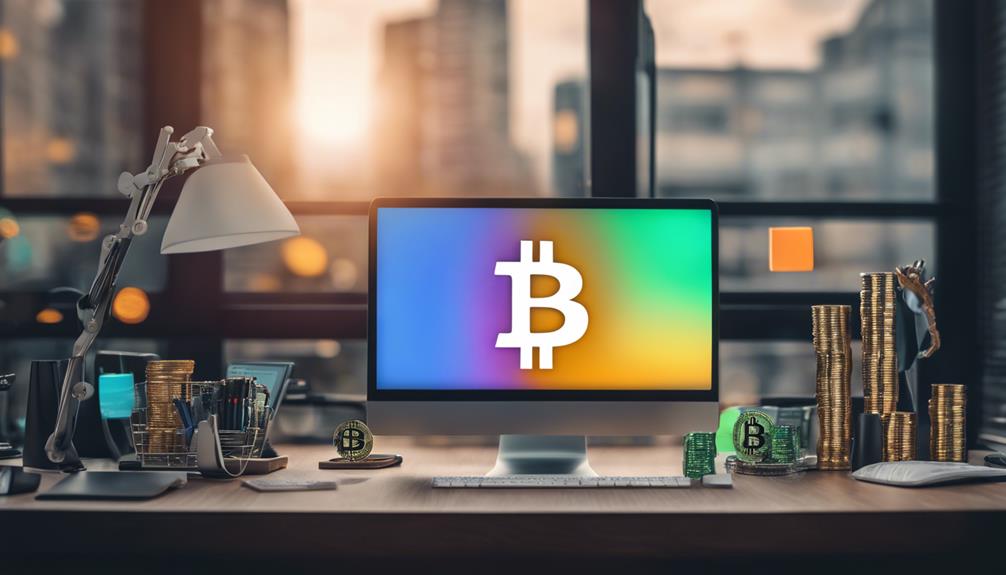Consider Bitcoin IRA as one of the top custodians for Bitcoin IRAs in 2024, offering access to over 60 cryptocurrencies with fees ranging from 0.99% to 4.99%. iTrust Capital is another great option, trading 34 cryptocurrencies with low fees and a minimum investment of $1,000. BitIRA focuses on security, offering 15 cryptocurrencies with a minimum investment of $5,000. Coin IRA requires a minimum investment of $5,000 and features 17 cryptocurrencies with a 1.25% purchase fee. MyDigitalMoney allows for tax-advantaged trading, prioritizing security and user-friendly experience. Swan Bitcoin specializes in Bitcoin IRAs with no minimum deposit, providing traditional and Roth IRAs with tax advantages. These choices offer a range of investment options, security, and growth potential for 2024. For more detailed insights, explore further.
Key Takeaways
- Bitcoin IRA offers over 60 cryptocurrencies for investment with fees ranging from 0.99% to 4.99%.
- iTrust Capital features low account and trading fees, trading in 34 cryptocurrencies, and 24/7 trading access.
- BitIRA supports 15 cryptocurrencies, requires a $5,000 account minimum, and emphasizes security with insurance coverage.
- Coin IRA supports 17 cryptocurrencies, charges a 1.25% fee for purchases, and ensures secure cold storage.
- MyDigitalMoney offers a Self-Directed Crypto IRA with tax advantages, robust security, and user-friendly trading experience.
Bitcoin IRA

Bitcoin IRA offers a diverse selection of over 60 cryptocurrencies for investment within your self-directed IRA. As a leading Bitcoin IRA provider, they guarantee the seamless integration of crypto into your retirement portfolio. When considering an investment, it's crucial to be mindful of the fees associated with transactions on the platform, which can range from 0.99% to 4.99%, varying based on the specific cryptocurrency.
Moreover, Bitcoin IRA guarantees the security of your digital assets through secure cold storage solutions, giving you peace of mind about the safety of your investments. Whether you have a traditional IRA or are interested in cryptocurrency IRAs, Bitcoin IRA caters to various retirement savings preferences. Their platform offers robust trading capabilities backed by BitGO Trust and a user-friendly dashboard for easy account management. With 24/7 access, you can stay informed and in control of your crypto investments effortlessly.
Itrust Capital
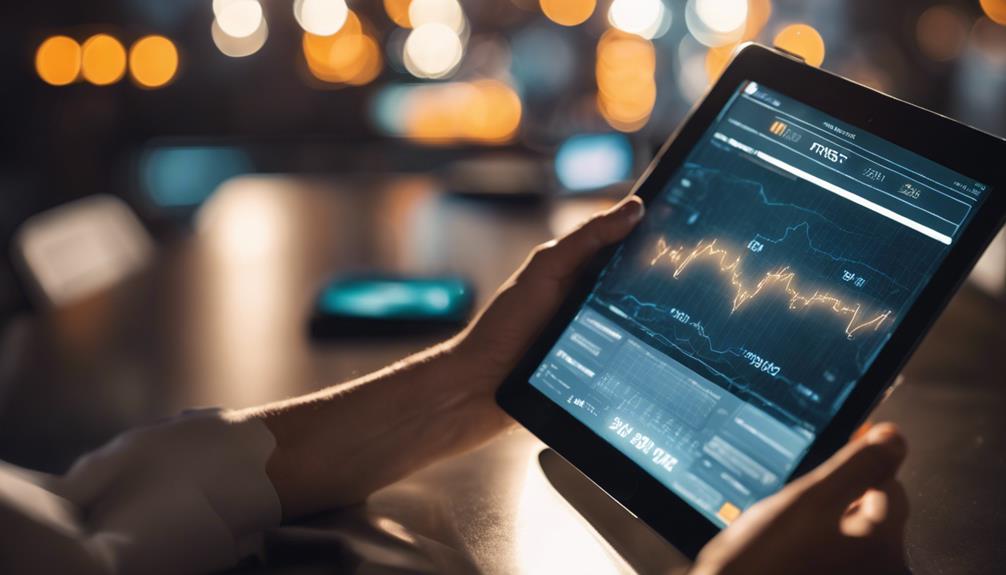
When considering iTrust Capital for your Bitcoin IRA, you'll find a platform that offers trading in 34 cryptocurrencies, providing a diverse range of investment options.
The low account and trading fees structure makes it a cost-effective choice for investors looking to grow their retirement savings.
With a $1,000 minimum investment requirement, iTrust Capital is accessible to a wide range of investors, enabling more people to participate in the cryptocurrency market.
Platform Features Overview
Exploring the platform features of iTrust Capital reveals a diverse range of investment options, including trading in 34 cryptocurrencies and physical gold and silver. iTrust Capital is a top choice for Best Bitcoin IRAs, offering users the opportunity to invest in digital assets like Bitcoin within an IRA.
With low account and trading fees, iTrust Capital makes it cost-effective to manage your cryptocurrency investments. The platform requires a minimum investment of $1,000, providing accessibility to a wide range of investors.
Additionally, iTrust Capital guarantees that users have 24/7 trading access, allowing for flexibility in managing their portfolios. By enabling trading in both cryptocurrencies and precious metals, iTrust Capital caters to investors looking for traditional and alternative assets within their IRAs.
Investment Options Comparison
Comparing investment options on the iTrust Capital platform reveals a diverse selection of assets available for trading within their Bitcoin IRA accounts. With over 34 cryptocurrencies to choose from, investors can access alternative investments through their Crypto IRA. The minimum investment amount to open an account is $1,000, making it accessible to a wide range of individuals.
iTrust Capital offers both Traditional and Roth IRAs for investing in cryptocurrencies, catering to different investor preferences. Additionally, the platform charges low fees, including a 1% transaction fee, making it cost-effective for traders. Investors can trade cryptocurrencies securely on iTrust Capital's user-friendly platform, which also provides educational resources. Besides, the platform offers end-to-end insurance for added security.
BitIRA

BitIRA offers secure cold storage solutions for digital assets in guarded offline storage. The company supports 15 different cryptocurrencies for IRA investments and provides end-to-end insurance coverage for digital assets.
Security options include offline physical keys kept in grade-5 nuclear bunkers. If you're considering BitIRA for your crypto IRA, keep in mind that the account minimum is $5,000. This makes it accessible for a wide range of investors looking to diversify their retirement portfolios.
Additionally, BitIRA guarantees that your digital assets are well-protected through their robust security measures and insurance coverage, giving you peace of mind regarding the safety of your investments. Compared to other IRA providers, BitIRA stands out with its focus on security and diverse cryptocurrency options, making it a solid choice for those interested in Roth IRA or Bitcoin IRA companies.
Coin IRA
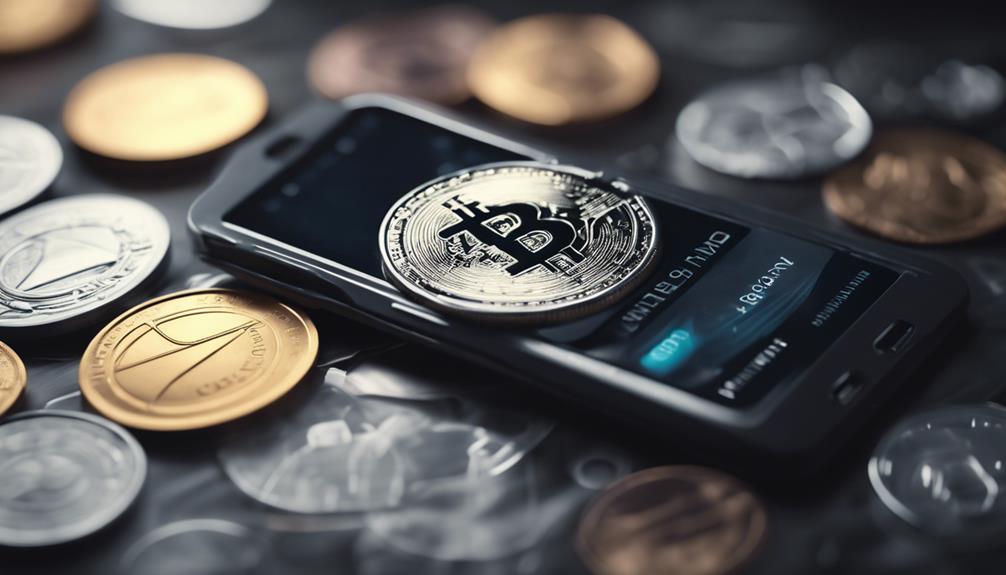
Coin IRA stands out with a Cryptocurrency Account Minimum of $5,000, attracting serious investors.
Unlike some platforms, Coin IRA doesn't burden you with an Account Setup Fee, making it easier to start investing.
Coin IRA Features
With a focus on long-term wealth building and secure storage solutions, Coin IRA stands out as a reliable option for investors looking to diversify their digital asset portfolio.
Coin IRA features include:
- Cold storage solutions for secure storage of digital assets.
- Competitive fees for long-term wealth building.
- Accessibility without account setup fees, making it suitable for new investors.
Coin IRA supports various cryptocurrencies like Bitcoin, Ethereum, and Litecoin, enhancing the diversity of investment options within your IRA account.
The off-balance-sheet cold storage solution at Coin IRA boosts security measures for investors' digital assets, ensuring peace of mind while investing in the dynamic world of cryptocurrencies.
Investment Options Comparison
When considering investment options within your Bitcoin IRA, it's crucial to compare the range of cryptocurrencies available for purchase. Coin IRA offers a great option with 17 cryptocurrencies, including popular ones like Bitcoin and other digital assets. The company provides traditional IRAs, making it suitable for investors looking to diversify their retirement portfolio with Bitcoin and crypto.
With a minimum deposit of $5,000, Coin IRA caters to a range of investors. They charge a 1.25% fee for purchases and a 1% fee for sales, with competitive monthly fees. With over a decade of experience in the industry, Coin IRA ensures secure cold storage for digital assets, enhancing the safety of your investments.
MyDigitalMoney
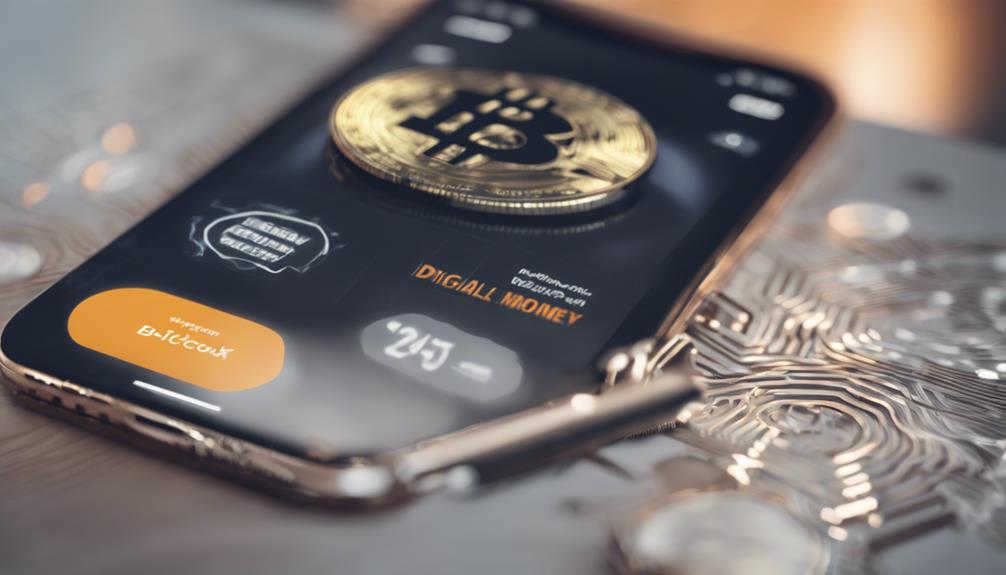
Providing a Self-Directed Crypto IRA with tax-advantaged trading, MyDigitalMoney guarantees robust security measures for asset protection. Users benefit from military-grade security, ensuring their investments are safeguarded.
The platform offers a user-friendly experience, making it easy for individuals to manage their Crypto IRA efficiently. Additionally, MyDigitalMoney allows for trading in physical gold and silver within the IRA, providing diversification options for investors.
With a wide variety of cryptocurrencies available for investment, users have multiple trading options to explore under the guidance of this trusted IRA custodian. The focus on asset protection and management underscores MyDigitalMoney's commitment to offering a secure and versatile platform for individuals looking to invest in digital assets for their retirement.
Swan Bitcoin
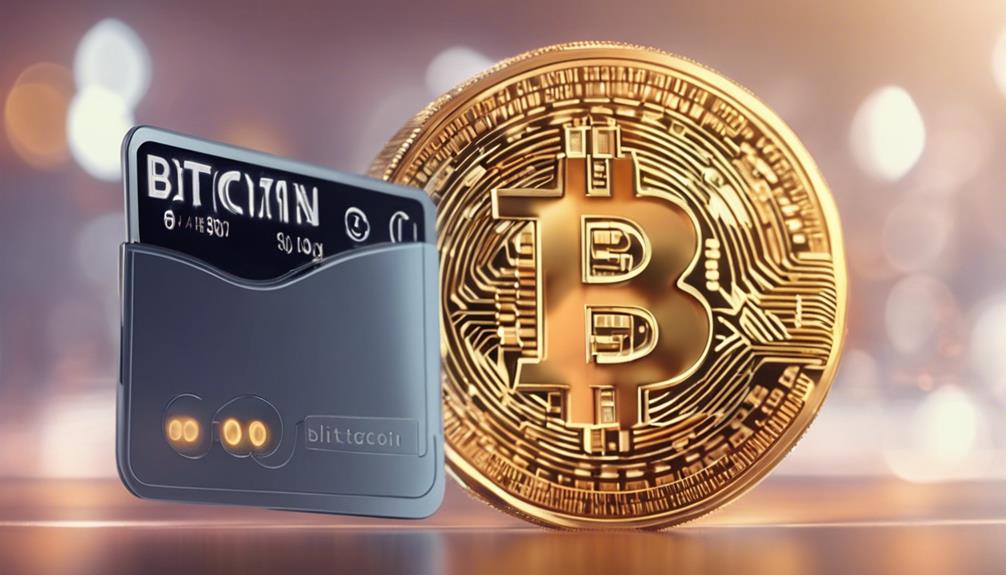
Specializing in Bitcoin-only IRAs with no minimum deposit requirement, Swan Bitcoin offers a straightforward fee structure for investors seeking to secure their retirement with the leading cryptocurrency. By focusing solely on Bitcoin, Swan Bitcoin allows you to concentrate on one cryptocurrency within your IRA, simplifying your investment decisions.
They provide traditional and Roth IRAs, giving you flexibility in how you choose to save for retirement. With tax advantages and the potential for long-term growth, Swan Bitcoin caters to those looking to diversify their retirement portfolio with digital assets.
Their simple fee structure guarantees that you understand the costs involved, making it easier to track your investments over time. By considering Swan Bitcoin for your Bitcoin IRA, you can take advantage of tax benefits and the growth potential of this innovative asset class, positioning yourself for a secure financial future.
Frequently Asked Questions
Who Has the Best Crypto Ira?
When choosing the best crypto IRA, consider factors like account minimums, security measures, supported cryptocurrencies, and fees. Look for custodians with robust security protocols, diverse cryptocurrency options, and reasonable account thresholds.
Assess your investment goals and risk tolerance to find the best fit. Research reputable providers like iTrustCapital, Bitcoin IRA, BitIRA, Equity Trust, and Coin IRA to determine which aligns best with your needs and preferences.
Which Crypto Will Explode in 2024?
In 2024, Ethereum 2.0, Solana, Cardano, Polkadot, and Avalanche are expected to experience significant growth. Ethereum's shift to proof-of-stake, Solana's scalability, Cardano's smart contracts, Polkadot's interoperability, and Avalanche's performance could drive explosive growth.
Each crypto's unique features position them as potential standouts in 2024. Keep an eye on these projects as they've the potential to make a big impact in the crypto space next year.
Is There a Bitcoin Roth Ira?
Yes, there's a Bitcoin Roth IRA available. It allows you to hold Bitcoin and other cryptocurrencies in a tax-advantaged retirement account. Contributions are made with after-tax dollars, but withdrawals are tax-free, offering potential for tax-free growth.
What Is the Crypto Prediction for 2024?
In 2024, cryptocurrency experts predict significant growth for Bitcoin and Ethereum. Bitcoin may surge to $100,000 to $300,000, while Ethereum could reach $10,000 to $20,000.
Analysts also foresee overall market cap expansion and potential price spikes for altcoins. Blockchain adoption is expected to propel the crypto market.
These projections suggest a promising outlook for the crypto space in 2024.
Conclusion
So there you have it, the top Bitcoin IRA custodians for 2024.
As you navigate the world of cryptocurrency investments, remember to choose wisely and consider factors such as security, fees, and customer service.
It's ironic how a digital currency can lead to traditional investment options like IRAs, but with the right custodian, you can securely grow your Bitcoin holdings for the future.
Choose wisely and may your investments prosper in the ever-changing world of finance.
